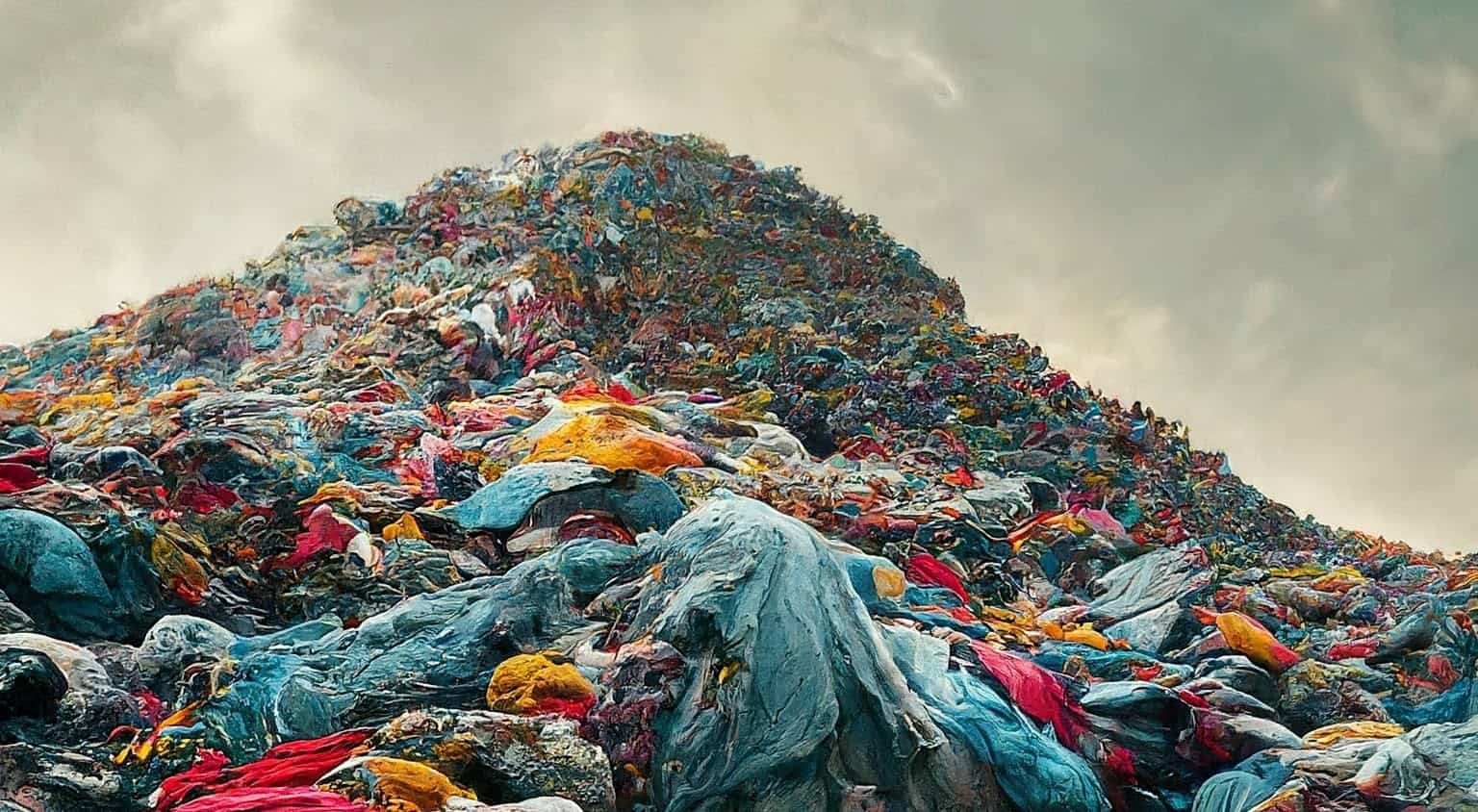
In recent years, the fashion industry has come under increasing scrutiny for its detrimental environmental impact, particularly with the rise of fast fashion. Characterized by its rapid production cycles, low-cost clothing, and disposable nature, fast fashion has been identified as a significant contributor to pollution and waste. In response to these concerns, France has taken a bold step by proposing legislation to regulate the fast fashion industry and mitigate its environmental footprint.
The proposed legislation, which has garnered unanimous support in France’s parliament, seeks to implement a range of measures aimed at curbing the adverse effects of fast fashion. Among these measures is the potential banning of fast fashion advertisements, a move that could significantly reduce the promotion of a consumption-driven culture that encourages frequent and unnecessary clothing purchases. Additionally, the bill proposes penalties on low-cost clothing to account for their environmental impact, thereby holding manufacturers accountable for the lifecycle of their products.
At the heart of this legislative effort is the recognition of fast fashion’s status as an “ecological disaster.” The industry’s reliance on cheap materials and labor, coupled with its emphasis on rapid turnover and constant consumption, has led to a cycle of overproduction and waste. Clothes are often poorly made, swiftly discarded, and contribute to the mounting problem of textile waste. By targeting fast fashion practices such as over-advertising and excessive production, the proposed legislation aims to disrupt this unsustainable cycle and promote more responsible consumption habits.
One of the key proponents of the bill, MP Anne-Cécile Violland, emphasizes the need for greater consumer awareness regarding the environmental impact of fast fashion. In a society inundated with marketing messages and influencer endorsements, it is crucial to provide consumers with accurate information about the true cost of their clothing choices. By mandating transparency from fast fashion brands and encouraging consumer education, the legislation aims to empower individuals to make more informed and sustainable purchasing decisions.
Furthermore, the proposed measures seek to address the systemic issues within the fashion industry that perpetuate environmental harm. By imposing fines based on the environmental impact and carbon output of goods, the legislation holds producers accountable for the ecological footprint of their products. This approach not only incentivizes manufacturers to adopt more sustainable practices but also allocates resources towards waste management, repair initiatives, and public awareness campaigns.
Critics of the fast fashion industry often point to its unsustainable business model, which prioritizes profit margins over environmental and social responsibility. The proposed legislation challenges this paradigm by promoting fair competition and incentivizing companies to prioritize sustainability. By leveling the playing field for businesses that operate more ethically, the bill aims to shift the industry towards a more sustainable and circular economy.
“The textile industry is the biggest polluter, accounting for 10% of greenhouse gas emissions, and if we do nothing, we will reach 26% by 2050.” – Anne-Cecile Violland, Member of the French National Assembly
Moreover, the legislative efforts in France are part of a broader trend towards greater regulation of polluting industries at the European Union level. As awareness of environmental issues grows, policymakers are increasingly recognizing the need for coordinated action to address the root causes of pollution and waste. By introducing laws to curb the impact of fast fashion, France is setting an example for other nations and potentially paving the way for EU-wide measures to tackle the problem at its source.
The proposed legislation in France represents a significant step towards addressing the environmental impact of fast fashion and promoting more sustainable practices within the industry. By targeting key aspects of the fast fashion business model, such as advertising, production, and consumer behavior, the bill aims to mitigate the harmful effects of this industry while encouraging a shift towards more responsible consumption patterns. As the world grapples with the urgent challenges of climate change and resource depletion, regulatory measures like these are essential for building a more sustainable future for generations to come.
If you would like to study sustainable fashion, have a look at our Bachelor Fashion Sustainability or Fashion Upcycling Short Course.